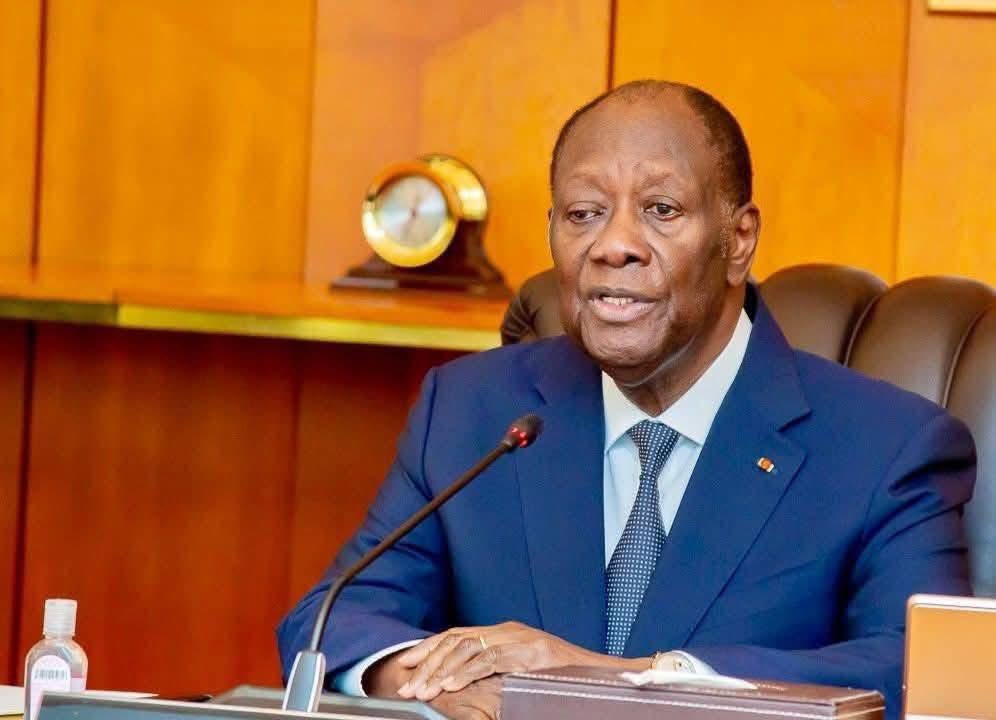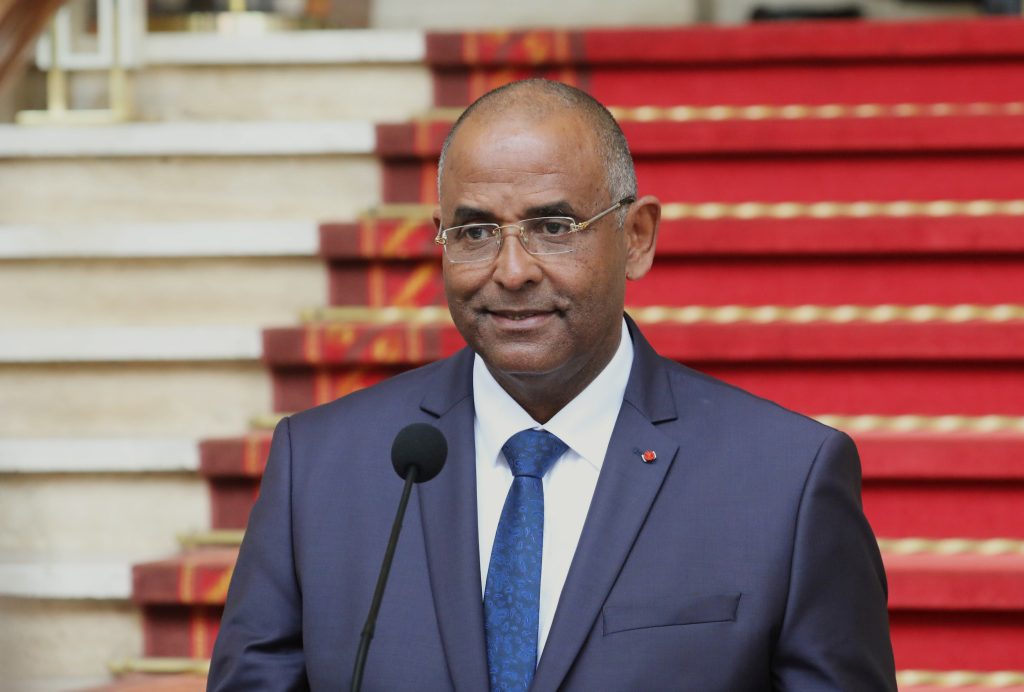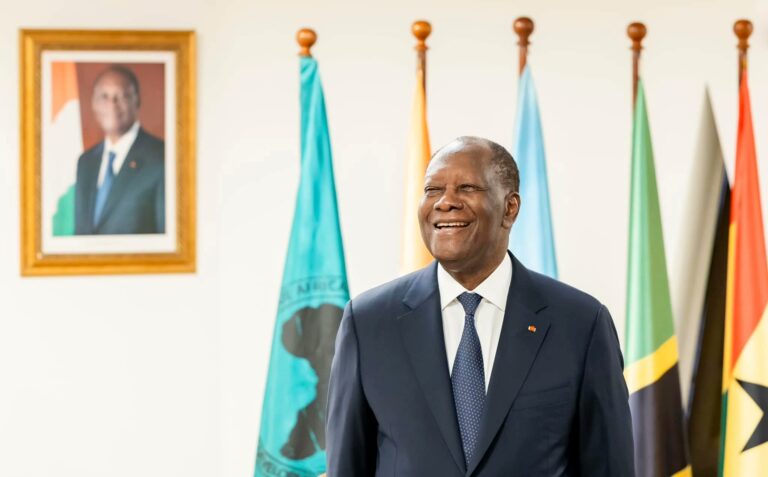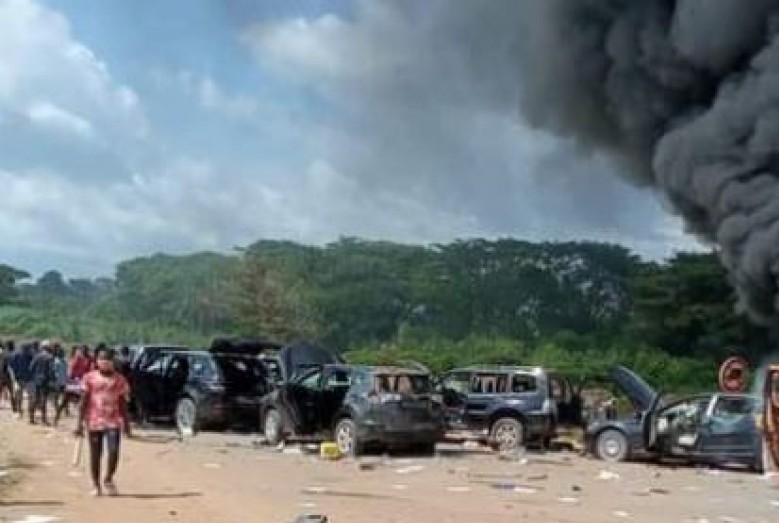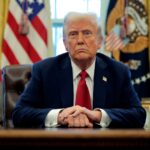Even before ballots are cast, Côte d’Ivoire’s 25 October presidential election stands as a symbolic defeat for democracy. Incumbent President Alassane Ouattara is seeking a fourth term—an act that deepens constitutional fatigue, widens political divisions, and erodes one of West Africa’s once-promising democratic experiments. With his two principal rivals barred from running, the result appears preordained.
Ouattara’s political ascent once carried the promise of reconciliation after the brutal 2010–2011 post-electoral crisis that claimed over 1,500 lives. His first victory, though internationally recognized, emerged from bloodshed. The second, in 2015, rested on a broad coalition that has since fragmented. His third, in 2020, was marked by an opposition boycott and violence that left dozens dead.
Now, Ouattara’s constitutional maneuvers risk cementing the very autocratic tendencies he once opposed. His decision to run again—despite earlier pledges to promote generational change—embodies a broader pattern of “constitutional capture” that has plagued several African states in recent years.
Ouattara’s supporters argue that the 2016 constitutional revision effectively reset the term count, granting him eligibility for two fresh mandates.
. The opposition counters that this interpretation amounts to a constitutional coup d’état—an argument with echoes in Guinea, Rwanda, and Uganda, where leaders have used similar pretexts to extend their rule.
Whatever the legal reasoning, the political effect is unmistakable: Côte d’Ivoire’s democratic system is being hollowed out. The symbolism is particularly stark given that Ouattara once championed institutional renewal and political transition. His fourth-term bid underscores how the language of legality can be weaponized to entrench incumbency.
In September, the constitutional council barred the two leading opposition contenders—Tidjane Thiam and Pascal Affi N’Guessan—from the race. Thiam, head of the historic Democratic Party of Côte d’Ivoire–African Democratic Rally (PDCI), was disqualified over a bureaucratic delay in renouncing his French citizenship. N’Guessan, leader of the Ivorian Popular Front (FPI), was excluded for allegedly lacking enough patron signatures.
Whether these exclusions stemmed from administrative oversight or deliberate political engineering, the outcome is the same: an election stripped of genuine competition. The absence of credible opposition voices casts a long shadow over the legitimacy of the vote and deepens public cynicism toward democratic processes.
The regime’s heavy-handed response to dissent compounds the crisis. The National Security Council’s preemptive ban on public gatherings—justified on security grounds—recalls the government’s repression during the 2020 election, when protests left at least 83 people dead and more than 600 injured. Opposition groups have nevertheless called for daily demonstrations during the brief campaign period, a move that risks reigniting the cycle of violence.
Côte d’Ivoire’s political landscape remains polarized and volatile. Conspiracy theories about presidential corruption circulate alongside legitimate grievances about inequality and exclusion. In this climate, even limited street protests could escalate rapidly—especially in a society still scarred by previous electoral bloodshed.
Perhaps most striking is the passivity of the international community. France and the European Union, long vocal about democratic norms elsewhere, have remained conspicuously silent. Paris, wary of fueling anti-French sentiment amid its waning influence in the Sahel, has preferred to preserve a “business as usual” relationship with Ouattara—a trusted partner in counterterrorism and a guarantor of regional stability.
The EU, still deferring to France’s unspoken leadership in francophone Africa, has followed suit. This silence, however pragmatic, corrodes Western credibility. By turning a blind eye to Ouattara’s democratic erosion, Europe reinforces accusations of double standards—charges eagerly exploited by populist and military regimes across the region, from Mali to Burkina Faso.
At the regional level, the Economic Community of West African States (ECOWAS) finds itself weakened and hesitant. With three Sahelian members—Mali, Burkina Faso, and Niger—under military rule and effectively withdrawn from the bloc, ECOWAS is reluctant to confront one of its few remaining civilian-led governments. Côte d’Ivoire and Nigeria anchor what remains of its legitimacy, leaving the organization unwilling to provoke a rift with Abidjan.
As the election approaches, uncertainty looms. Disqualified opposition figures have formed a “common front” demanding reinstatement and calling for civil resistance. On 11 October, more than 200 protesters were arrested in Abidjan during a peaceful rally—a foretaste of what could unfold if tensions escalate.
History suggests that street mobilization alone may not force change. Yet examples from Madagascar and Kenya show that when leaders ignore public discontent, they risk eventual implosion. In Côte d’Ivoire, the more immediate danger lies in a return to violence—and the long-term erosion of faith in democracy.
Regardless of the election’s outcome, Côte d’Ivoire’s democratic institutions have already sustained lasting damage. The real question is not who wins on 25 October, but whether Ivorian democracy can recover afterward.
The responsibility lies with all actors—the incumbent, the opposition, and international partners—to prevent further deterioration and to prepare for a peaceful, constitutional transition to a post-Ouattara era.
Implications
Domestic Stability at Risk. The erosion of electoral legitimacy and repression of dissent increase the likelihood of post-election unrest. Renewed violence could fracture the security apparatus and inflame inter-communal tensions.
Regional Domino Effect. Ouattara’s fourth term risks normalizing constitutional coups across West Africa, providing implicit justification for other incumbents to extend their mandates under legal pretexts. This would further weaken ECOWAS’s normative authority Loss of Western Credibility. European acquiescence to Ouattara’s constitutional manipulation fuels accusations of hypocrisy. Anti-Western actors—from Sahelian juntas to Russia-aligned information networks—are likely to exploit this to delegitimize Western engagement in the region.
Economic Consequences. Political instability could deter foreign investment and disrupt Côte d’Ivoire’s export-driven economy. The perception of authoritarian consolidation undermines investor confidence and risks reversing years of growth.
Generational Alienation. The suppression of political renewal entrenches disillusionment among younger Ivorians, increasing vulnerability to radical or populist mobilization. A failure to open political space may incubate longer-term instability.
